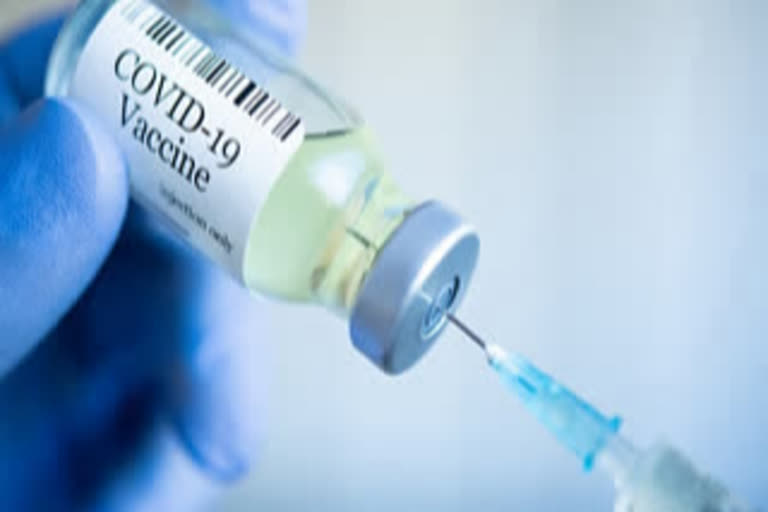Thiruvananthapuram: In the battle against the deadly COVID-19, Kerala has completed the inoculation of jail inmates over the age of 45. Sources said remaining prisoners will be vaccinated by the middle of next month. The spread of COVID-19 in jails was a matter of grave concern amid the first wave as it led to the super spread of the virus. Heaving a sigh of relief, the number of cases in prisons has come down to less than 10 owing to preventive measures, sources said.
Soon to complete inoculation
State Prisons Department Deputy Inspector General (DIG) Santosh Sukumaran shared insights of curbing the mighty pandemic with ETV Bharat. He said Kerala would soon become the state to complete inoculation drive in prisons. Over 1,750 people have been vaccinated in prisons. Even with limited facilities in prisons, COVID-19 cases have been kept at bay by following instructions of the Health Department and stringent usage of masks, he said.
Also read: Two CPI(M) leaders held in rape case in Kerala
Supreme Court lauds efforts
Jail authorities' efforts in tackling the pandemic received applause from the Supreme Court. The order issued on March 25 in connection with the Covid defence activities in the country mentioned the jails in Kerala. Meanwhile, the Jharkhand Director General of Police also contacted the authorities for suggestions. The DGP sought details for setting up of Covid First-Line Treatment Centers for prisoners, according to sources.
Test, track and treat formula
As the first step, a three-tier system was followed in prisons: test, track and treat. All jail inmates were screened and those diagnosed with the disease were transferred to separate blocks. All remanded prisoners were sent to jails only after being screened which prevented the spread of infection, said DIG Sukumaran.
First of a kind Covid First-Line Treatment Centers
The prison department laid out a plan for setting up Covid First-Line Treatment Centers (CFLTCs). Due to security concerns, other states refrained from making such an arrangement. In every district, except Pathanamthitta, CFLTCs have been set up for prisoners. They undergo Covid tests and get quarantined in case of a negative result. They are sent to the main prison only after the observation period is completed. Facilities were also in place to treat infected patients on the spot, the DIG said.
Further, tests were conducted intermittently to check the spread of the disease. Accurate information was given and confidence instilled among those who tested positive and negative. Thiruvananthapuram jail reported only two Covid deaths during the first and second waves. Both inmates had serious health problems. The current number of cases is 10, Sukumaran said.
Also read: Environmental organisations demand CBI probe into tree felling in Kerala
Handling first and second wave
Jail authorities were insightful that the Covid spread would not end in a single phase. Accordingly, a detailed blueprint to counter the second wave was prepared. Experiences and studies during the first wave of Covid helped in scrutinizing preparedness for the second wave, he said. During the first wave in March 2020, jail authorities were oblivious of the possibility of the spread of Covid cases in jails. Prisoners living in enclosed rooms were believed not to get infected. But by April 2020, Covid cases started burgeoning in Thiruvananthapuram, Ernakulam, Kannur jails, added DIG Sukumaran.
There was major concern over the relocation of permanent prisoners. Subsequently, preparations were made to deal with Covid by closely monitoring the daily news and following the instructions of the government and the health department, said DIG Sukumaran.
Also read: Framed Kerala woman gets clean chit in narcotic case



